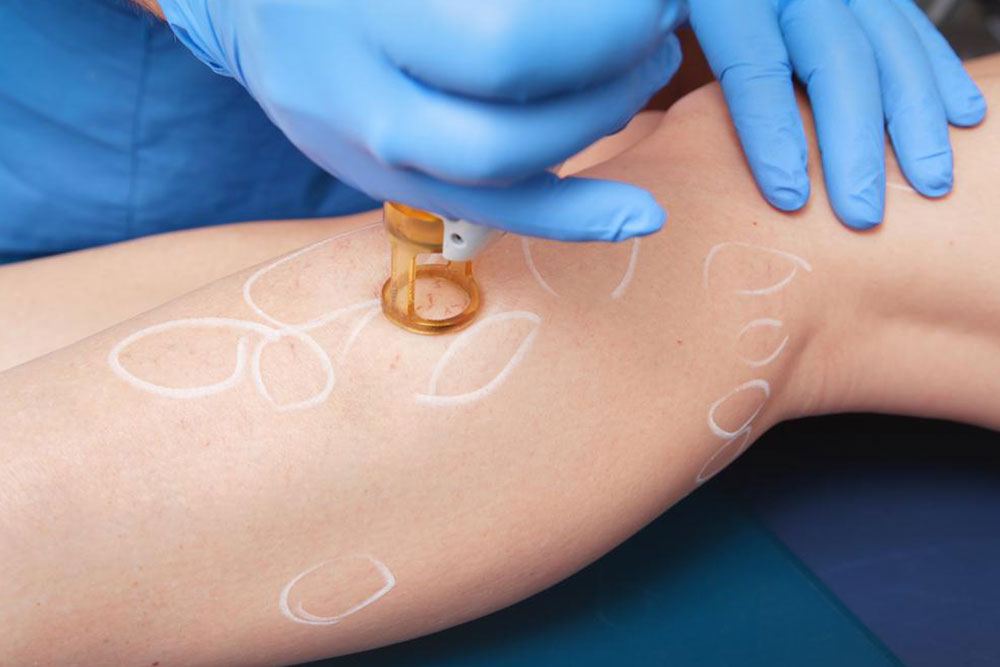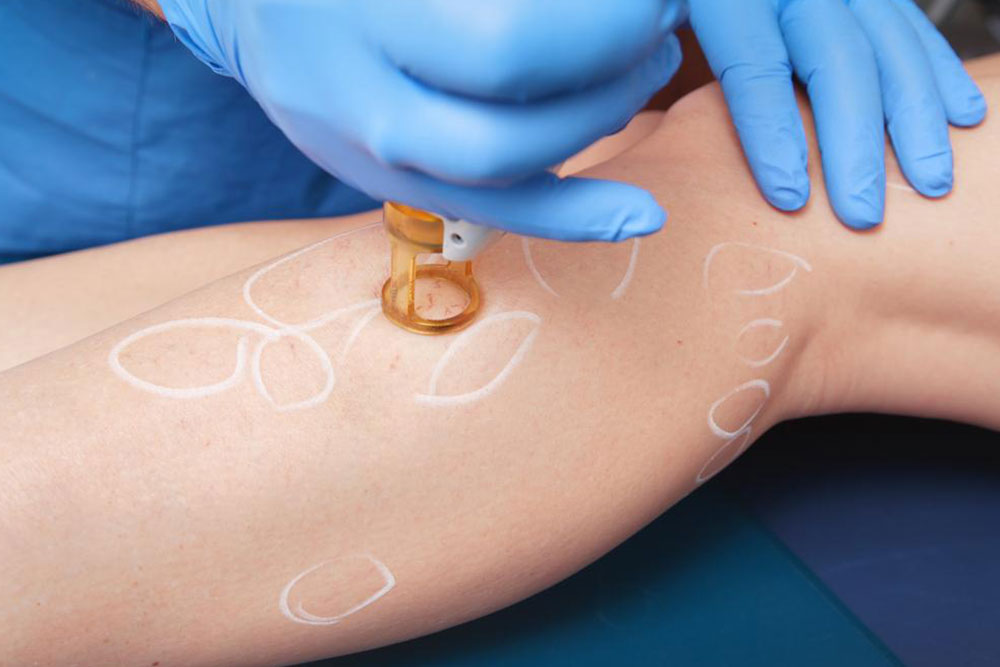Effective Strategies for Managing Leg Cellulitis
Learn about effective strategies to treat and manage leg cellulitis, a bacterial skin infection. Early intervention, proper medication, and skin care are essential for quick recovery. Understand the symptoms, treatment duration, and prevention tips to reduce recurrence risk.

Effective Strategies for Managing Leg Cellulitis
Cellulitis is a prevalent bacterial skin infection characterized by redness, swelling, and discomfort in the affected area. It commonly occurs when bacteria like staphylococcus or streptococcus enter through skin cracks. Although it often targets the lower leg, it can also appear on the arms, face, or other body parts. Without prompt treatment, the infection may spread into the bloodstream, leading to serious health risks. Symptoms include rapidly spreading redness, inflammation, pain, tenderness, tight skin, and fever.
How can you manage leg cellulitis?
It's a painful condition, but early intervention and proper care can improve recovery. Consulting a healthcare professional promptly is essential, and medications can help reduce pain and inflammation. Stay well-hydrated by drinking plenty of water. Elevate your legs to decrease swelling and keep moving to prevent stiffness. Wearing loose clothing and maintaining good skin hygiene can also prevent recurrence. Regularly disinfect cuts and wounds with antiseptic creams, cover them, and change dressings frequently.
Effective management involves completing prescribed antibiotic courses typically lasting 10 to 21 days, depending on severity. Always finish your medication and seek medical attention if symptoms worsen or don't improve. Early treatment can resolve cellulitis within approximately 10 days, although recovery may take longer in severe or chronic cases, especially if immune defenses are compromised.
Important Notice:
The information provided is for educational purposes only and should not replace professional medical advice. Always consult qualified healthcare providers for diagnosis and treatment. Use discretion and avoid self-medicating based solely on online content.










